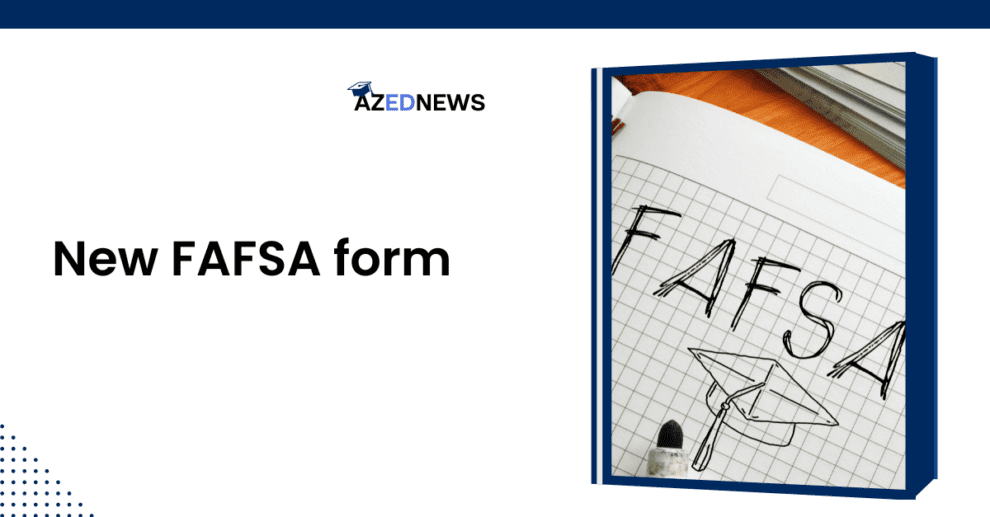Recently, FAFSA launched the redesigned form for the academic session 2024-25. The launch was in a good intent to simplify the existing application process. But, things didn’t go as expected and took a wild turn which made many students and their loved ones frustrated.
These students and families are now struggling to access the important financial aid. Whatever may be the factor ranging from new technical issues to streamlining of the process, these families are facing delays. It raises eyebrows about equality when it comes to access to the facilities in higher education.
A major hurdle centers around the new “contributor” designation including parents and stepparents. Families where parents lack Social Security numbers. It is a common among undocumented immigrants. Parents are unable to proceed online, effectively barring their children from receiving aid. While paper applications offer an alternative, it creates an unnecessary barrier for an already vulnerable population.
Maria Garcia, a single mother in Los Angeles, struggles to help her daughter Gabriela enroll in college. “I don’t have a Social Security number, and now I can’t fill out the FAFSA online,” she told AZEdNews. “My daughter worked hard to get to college and now it feels like someone is slamming the door on her.”
Students are reporting technical snag which is hindering the navigation, transfer of data, smooth submission leading to waste of time and frustration. A student needs to be correct at all costs while seeking financial aid which can be stressful at times. These technical pitfalls are adding stress to the already existing stressful situation. It is a nightmare for those students and families who are availing these services for the first time.
Sarah Peterson, a high school senior in Texas, described her experience as “a nightmare.” “For hours, I was trying to fill out the form but it kept crashing or told me that I typed something wrong,” she told AZEdNews. “I am so stressed, oh my god, I don’t know what to do, she further cited.
Despite the reported issues, the Department of Education (DOE) is giving mixed signals by not properly communicating. However, mixed communication and limited outreach to affected studnets leave families looking for more accurate information and assistance.
“The news we are hearing is contradictory,” said John Lee, whose son is applying to colleges in California. “First they said the form was broken, then they said it was fine. We just don’t know who to believe in this situation. I am so devastated.”
Some aspects of the new FAFSA offer positive changes, such as extended eligibility for Pell Grants and a reduced number of questions for some applicants. However, the current issues raise concerns about equality and transparency.
It’s crucial for the Department of Education to address the “contributor” glitch, resolve technical issues, and improve communication to ensure a smooth application process for all the deserving students. The FAFSA plays a vital role in making higher education accessible, and its proper functioning is essential for all qualified students from low income family groups.












Add Comment